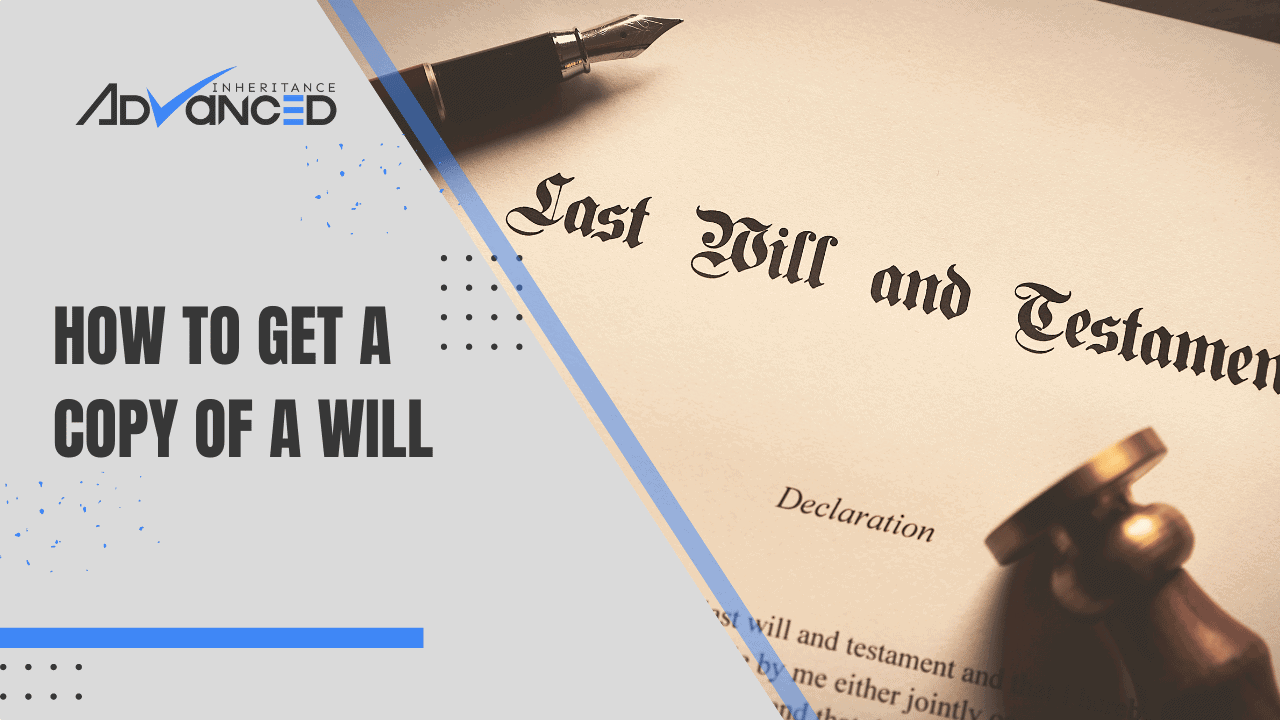Estate planning is a crucial process that helps individuals manage their assets and protect their legacy. It involves creating a plan for how your assets will be distributed after you pass away, as well as making sure that your loved ones are taken care of in the event of your incapacitation. In this article, we will explore the basics of estate planning, common estate planning documents, and mistakes to avoid to ensure that your inheritance is protected.
Introduction to Estate Planning
What is an Estate?
Before delving into the details of estate planning, it’s important to understand what an estate is. In simple terms, an estate refers to all the assets that an individual owns, including real estate, personal property, investments, and more. When a person passes away, their estate is settled through a legal process known as probate, which involves distributing the assets to the heirs according to the person’s wishes, as outlined in their estate plan.
Why is Estate Planning Important?
Estate planning is crucial for several reasons. Firstly, it helps individuals ensure that their assets are distributed according to their wishes after they pass away. Without an estate plan, the courts will decide how your assets are divided, which may not align with your wishes. Additionally, estate planning can help you minimize taxes, protect your loved ones, and avoid conflicts between family members.
Common Estate Planning Documents
There are several common estate planning documents that you should be aware of, including:
Last Will and Testament
A last will and testament is a legal document that outlines how your assets will be distributed after you pass away. It also allows you to name an executor who will manage your estate and ensure that your wishes are carried out.
Trusts
Trusts are legal arrangements that allow you to transfer assets to a trustee, who will manage them on behalf of your beneficiaries. There are several different types of trusts, including living trusts, testamentary trusts, and special needs trusts.
Power of Attorney
A power of attorney is a legal document that allows you to appoint someone to make decisions on your behalf if you become incapacitated.
Advance Directive
An advance directive, also known as a living will, is a legal document that outlines your wishes for medical treatment if you become unable to make decisions for yourself.
Working with an Estate Planning Lawyer
Wills and Trusts Attorney: What’s the Difference?
When it comes to estate planning, you may hear the terms “wills and trusts attorney” used interchangeably. However, there are some key differences between the two. A wills attorney specializes in drafting last wills and testaments, while a trusts attorney focuses on creating trusts and managing assets. However, many estate planning lawyers offer both services.
Estate Planning Basics: How to Get Started
If you’re new to estate planning, getting started can be overwhelming. Here are some basic steps you can take to begin the process:
Take Inventory of Your Assets
The first step in estate planning is to take inventory of your assets. This includes listing all of your real estate, personal property, investments, bank accounts, and more.
Identify Your Beneficiaries
Next, you’ll need to identify your beneficiaries. These are the individuals or organizations that will receive your assets after you pass away.
Create an Estate Plan
Once you have a clear understanding of your assets and beneficiaries, it’s time to create an estate plan. This may involve drafting a last will and testament, creating trusts, and appointing an executor or trustee.
Review and Update Your Plan Regularly
Finally, it’s important to review and update your estate plan regularly. Life changes, and your estate plan should reflect those changes.
Estate Planning Services: What You Need to Know
What is an Estate Plan?
An estate plan is a comprehensive legal document that outlines how your assets will be distributed after you pass away. It includes provisions for appointing an executor or trustee, creating trusts, and more.
Estate Planning Lawyer
An estate planning lawyer is a legal professional who specializes in helping individuals create estate plans. They can provide guidance on the best strategies for protecting your assets and minimizing taxes.
Common Estate Planning Mistakes to Avoid
When it comes to estate planning, there are several common mistakes that individuals make. These include:
Failing to Create an Estate Plan
One of the biggest mistakes you can make is failing to create an estate plan. Without a plan, your assets will be distributed according to state law, which may not align with your wishes.
Not Updating Your Plan
Another common mistake is failing to update your estate plan regularly. Life changes, and your plan should reflect those changes.
Not Considering Tax Implications
Estate planning can help you minimize taxes, but many individuals fail to consider the tax implications of their plan.
Not Communicating Your Wishes
Finally, it’s important to communicate your wishes to your loved ones. Failing to do so can lead to conflicts and misunderstandings.
Conclusion: Secure Your Legacy with Estate Planning
Estate planning is a crucial process that can help you protect your assets and ensure that your loved ones are taken care of after you pass away. By working with an estate planning lawyer, creating an estate plan, and avoiding common mistakes, you can secure your legacy and provide for your family for years to come.
Reach Out To The Professionals At Inheritance Advance
Inheritance Advance stands as your trusted partner in navigating the complex world of inheritance, providing valuable insights, services, and support to ensure the protection and maximization of your rightful assets. By understanding the importance of estate planning, you can secure a stable future for your loved ones and leave a lasting legacy. With Inheritance Advance by your side, you gain access to the expertise of professionals who will guide you through the process, addressing your unique needs and concerns.
Embrace the peace of mind that comes from knowing your inheritance is in capable hands, allowing you to focus on what truly matters – cherishing the memories and relationships that make life meaningful. Trust Inheritance Advance to help you unlock the full potential of your inheritance, making your financial goals a reality and leaving a lasting impact for generations to come.









